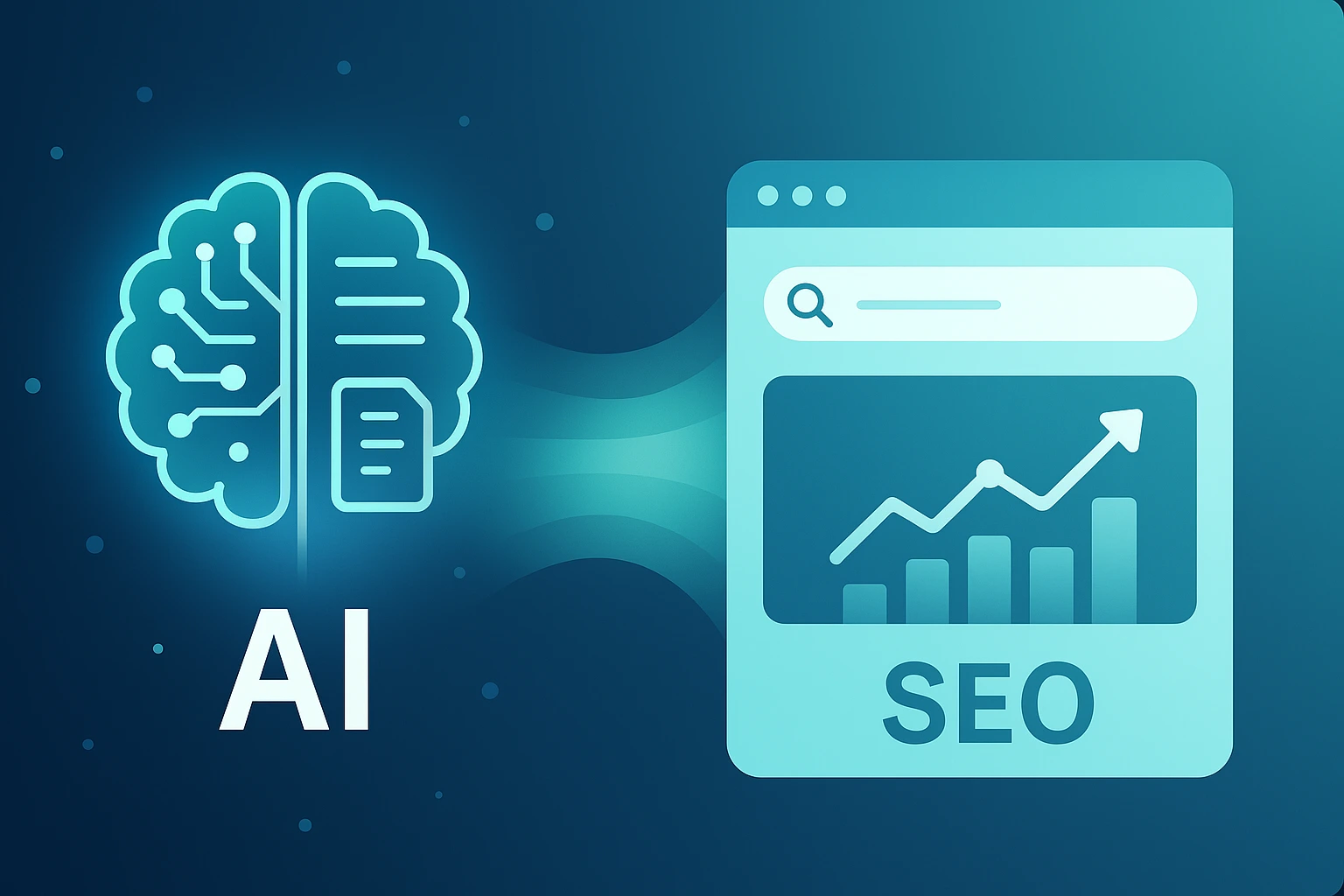
AI & SEO: How Smart Content Generation Delivers Real Search Success
In today's digital-first business world, search engine optimization (SEO) is a top priority for brands looking to attract organic traffic and generate qualified leads. The rapid evolution of artificial intelligence (AI) has opened up game-changing opportunities for content teams and marketers. AI helps streamline workflows and deliver impactful, SEO-optimized content at scale. But how exactly does AI content generation lead to real SEO success, and what best practices should businesses follow to get the most out of it?
The Role of AI in Modern Content Strategy
AI content automation platforms, such as those offered by PostFuel, have truly transformed how businesses research, plan, and create their content. By using advanced models like GPT-4, these solutions can automate everything from keyword discovery and topic ideas to generating full-length content. This speeds up production and also empowers marketers and strategists, no matter their technical background, to publish consistently and keep their websites fresh and relevant.
As industry analysis points out, “the core purpose remains the same: to provide original, valuable content that does not read like spam.” It's best to see AI as an enabler. It can amplify human creativity and reduce manual bottlenecks, but it doesn't replace strategic thinking or the need for editorial judgment.
AI Content Generation and SEO: What Really Matters
Search engines like Google want to provide content that gives genuine value to users, whether it's made by humans or machines. The key criteria haven't changed: originality, clarity, relevance, and expertise. AI-generated content can meet these standards when it is:
- Unique and Valuable: Content must offer fresh insights or perspectives, not just rephrase existing material or flood pages with generic information.
- Well-Edited and Curated: Human oversight is required to ensure accuracy, maintain brand voice, and avoid the pitfalls of “uncanny valley” writing or factual errors.
- Transparent: Disclosing the use of AI in content creation can build trust with readers and align with updated search engine guidelines.
The latest SEO guidelines highlight that “it does not really matter for SEO whether that content is human- or machine-generated.” What truly matters is the result: does the content answer the user’s question, show expertise, and reflect the brand’s authority? Strategically used AI can help achieve these goals by quickly creating initial drafts that cover various user queries. Teams can then enrich these drafts with human expertise and ensure they align with the brand's authority. This approach allows businesses to consistently cover a wider range of relevant topics, which is vital for demonstrating comprehensive expertise to search engines.
Risks to Avoid with Automated Content Workflows
While AI-powered tools offer significant advantages in terms of speed and scalability, there are important risks that content teams must actively manage:
- Lack of Creativity: AI may sometimes produce content that feels flat or unrelatable, potentially diminishing user engagement.
- Plagiarism and Copyright Issues: Automated systems can unintentionally reproduce existing phrasing, so rigorous plagiarism checks are essential.
- Spammy Content: Over-automation can lead to low-quality, repetitive articles, which can harm SEO rankings and brand reputation.
- Factual Inaccuracies: AI models can occasionally generate incorrect or misleading statements, necessitating thorough fact-checking.
To handle these risks, businesses should combine AI’s efficiency with human creativity and review. As the TechTarget analysis we looked at emphasizes, “brands should review the content to check for authenticity and accuracy.”
Best Practices for AI-Driven SEO Content
- Human Oversight: Always subject AI-generated drafts to editorial review for tone, relevance, and correctness.
- Editorial Standards: Establish clear guidelines and integrate them into AI prompts to ensure content meets brand expectations.
- Plagiarism Checks: Use reliable tools to verify the uniqueness of every piece before publication.
- Continuous Monitoring: Regularly assess performance metrics and refine workflows to adapt to evolving SEO standards and audience needs.
Conclusion
AI content automation is a powerful partner for marketers, founders, and developers who want scalable content strategies and lasting SEO growth. By combining the efficiency of platforms like PostFuel with careful human oversight and following best practices, businesses can achieve real SEO success. This means producing high-quality, relevant content that stands out in search results and truly connects with target audiences.
Ready to transform your content strategy and boost your SEO?
Explore PostFuel's Business Hub to analyze your business and generate strategic content ideas for free, or sign up today to start creating high-impact, SEO-optimized content with AI. Let PostFuel help you turn strategy into stories that rank!